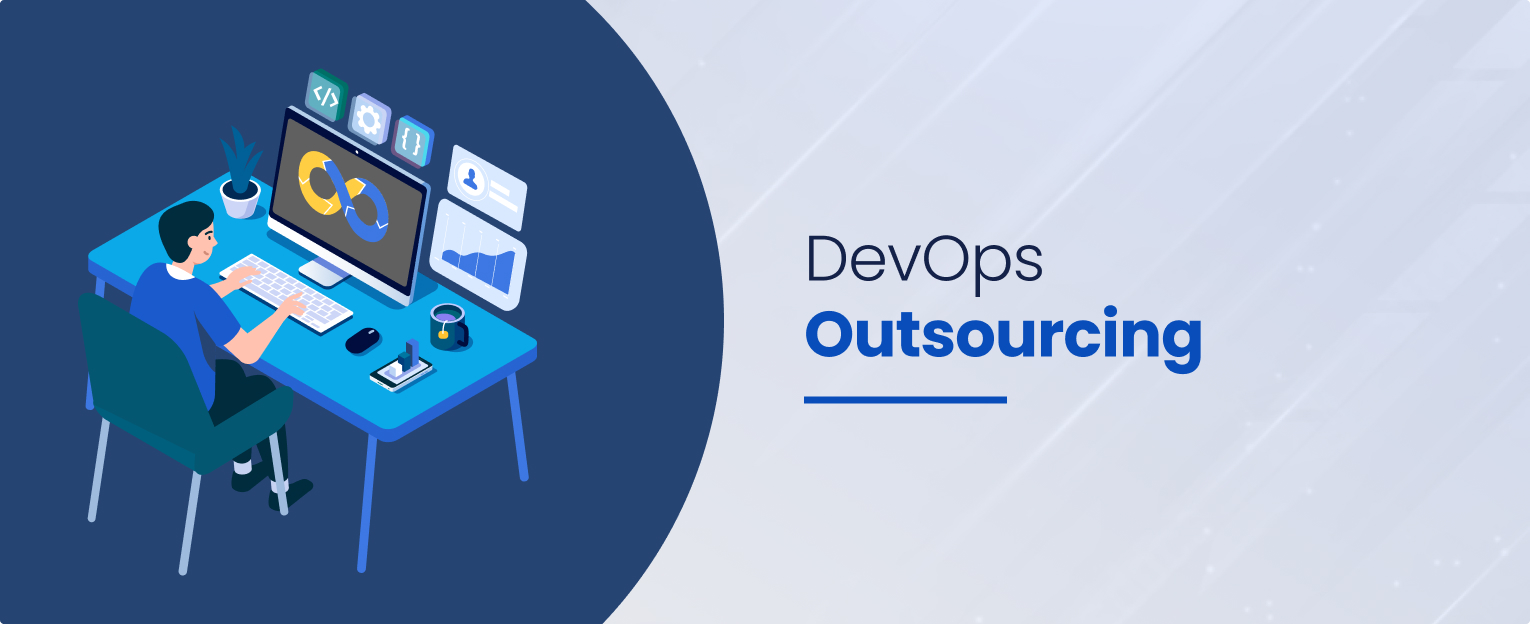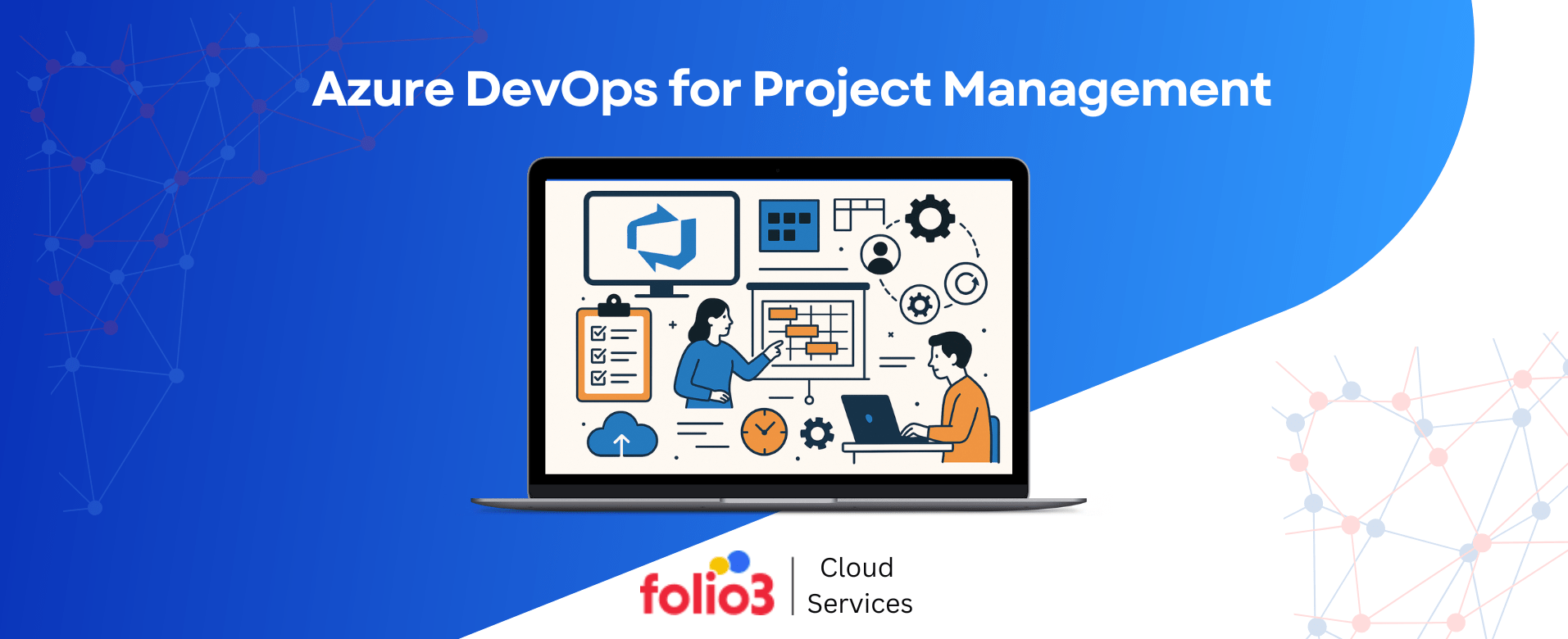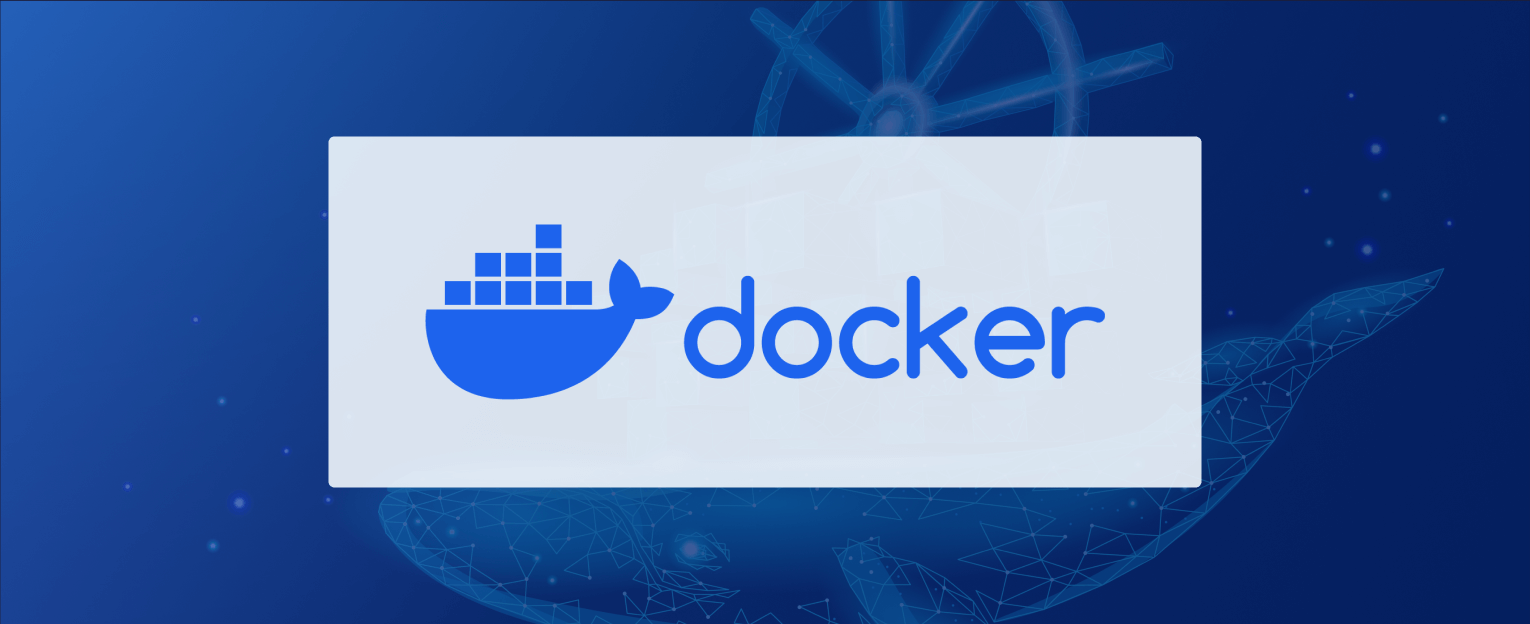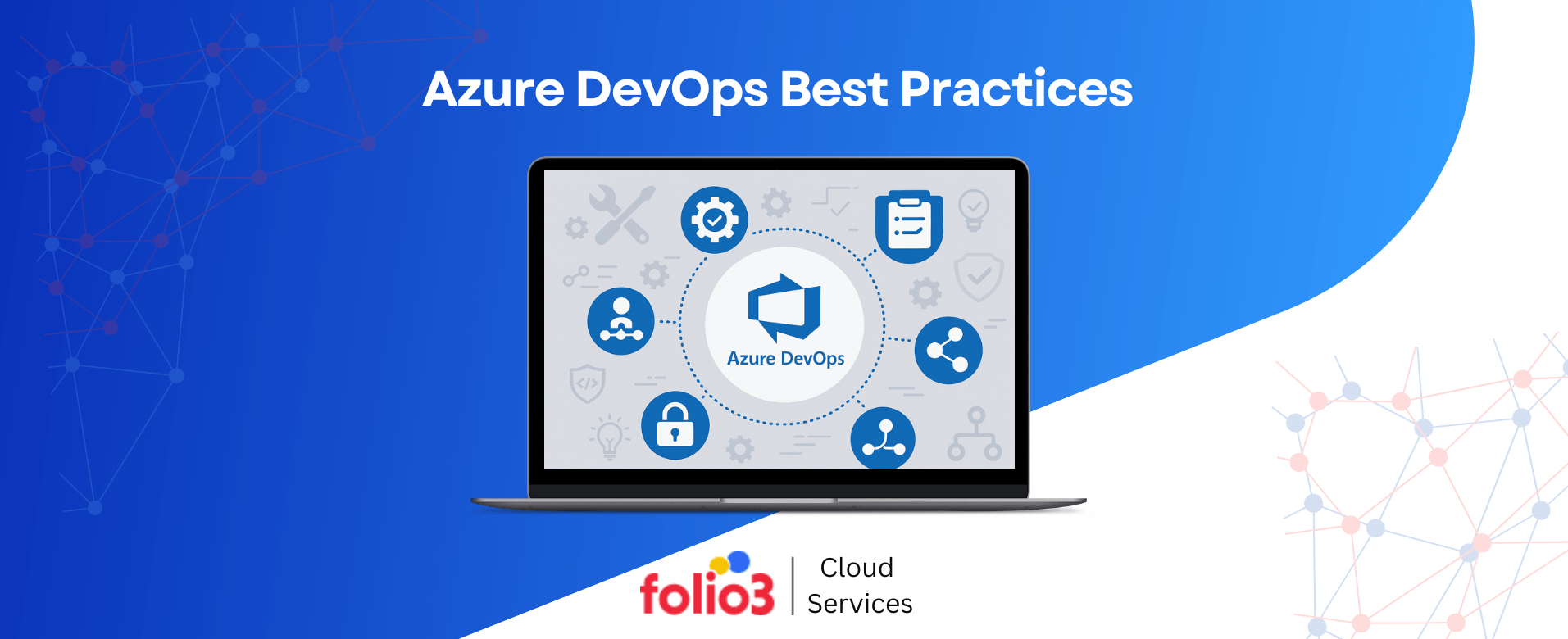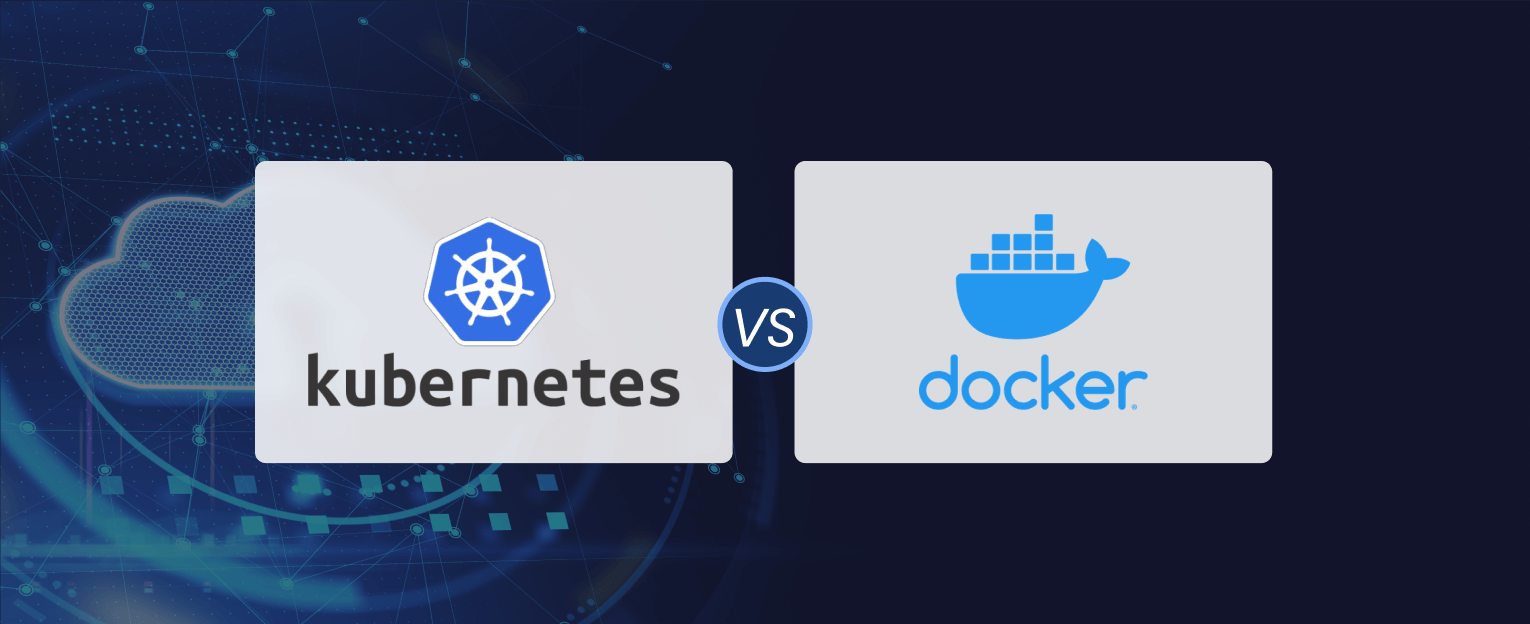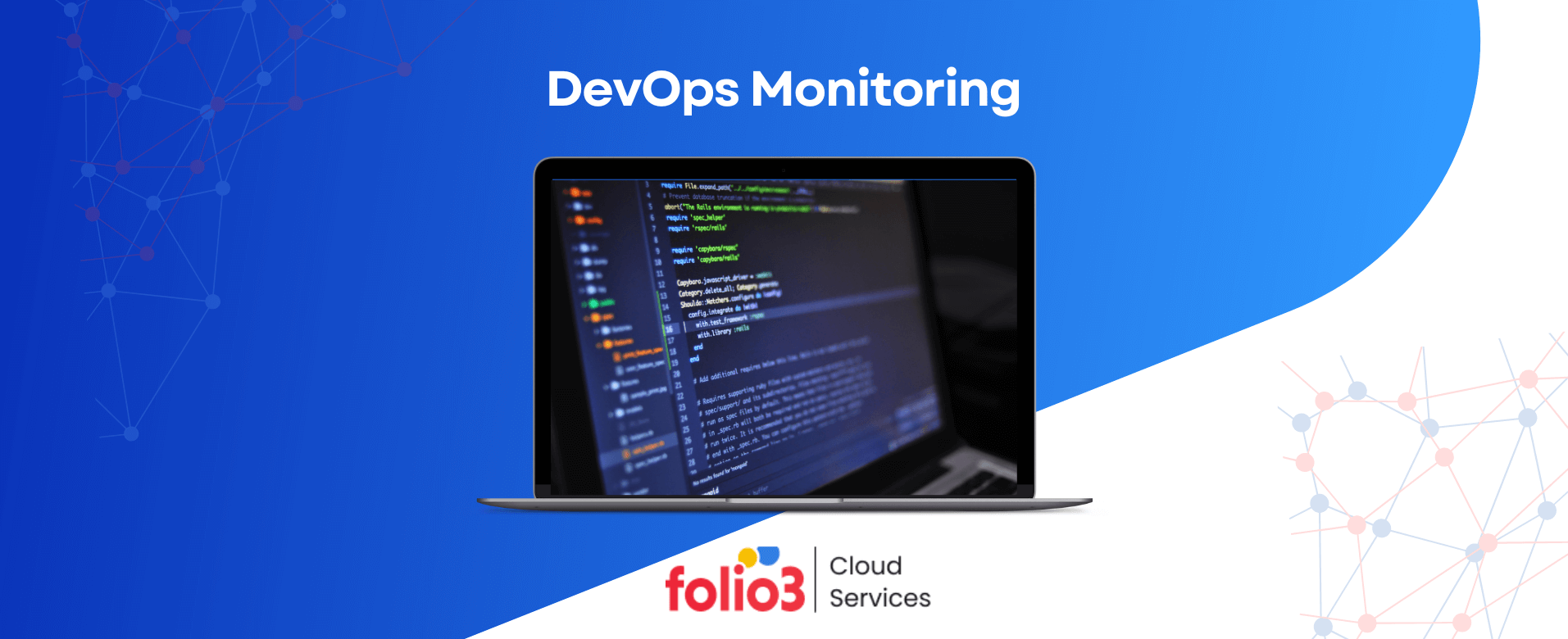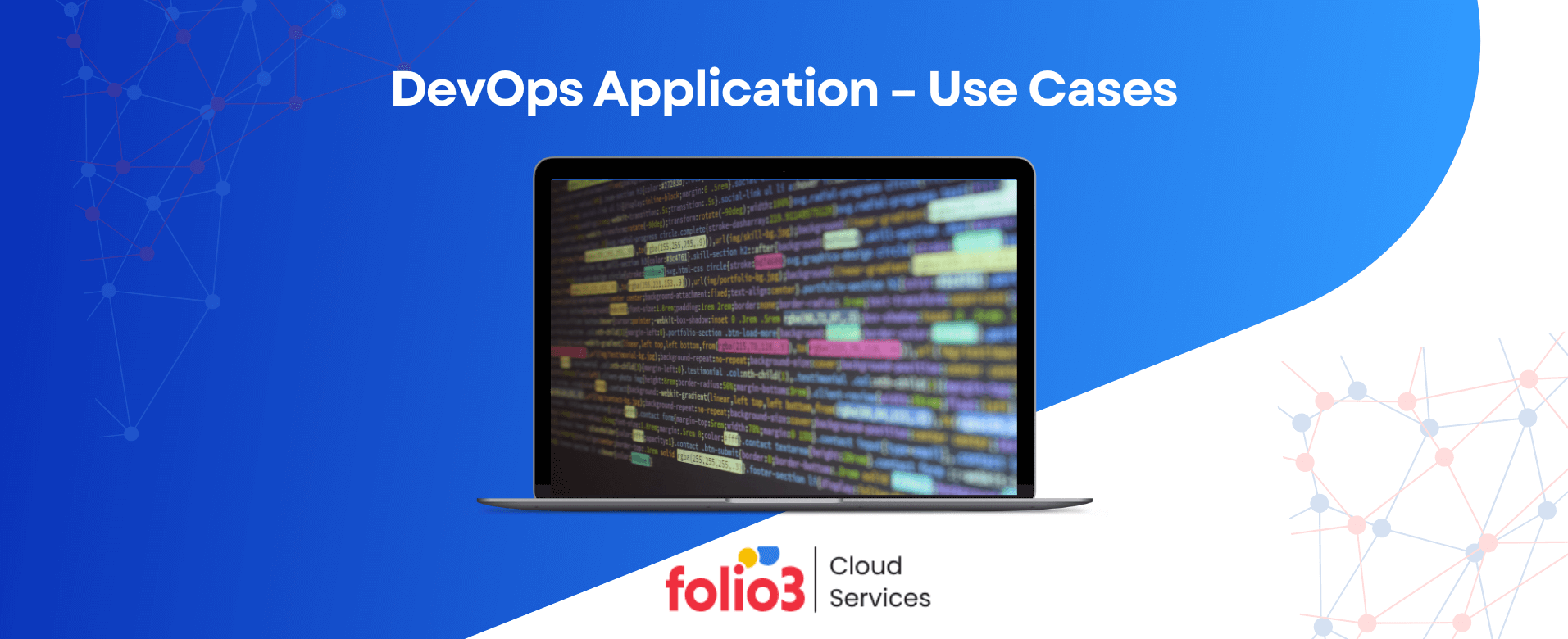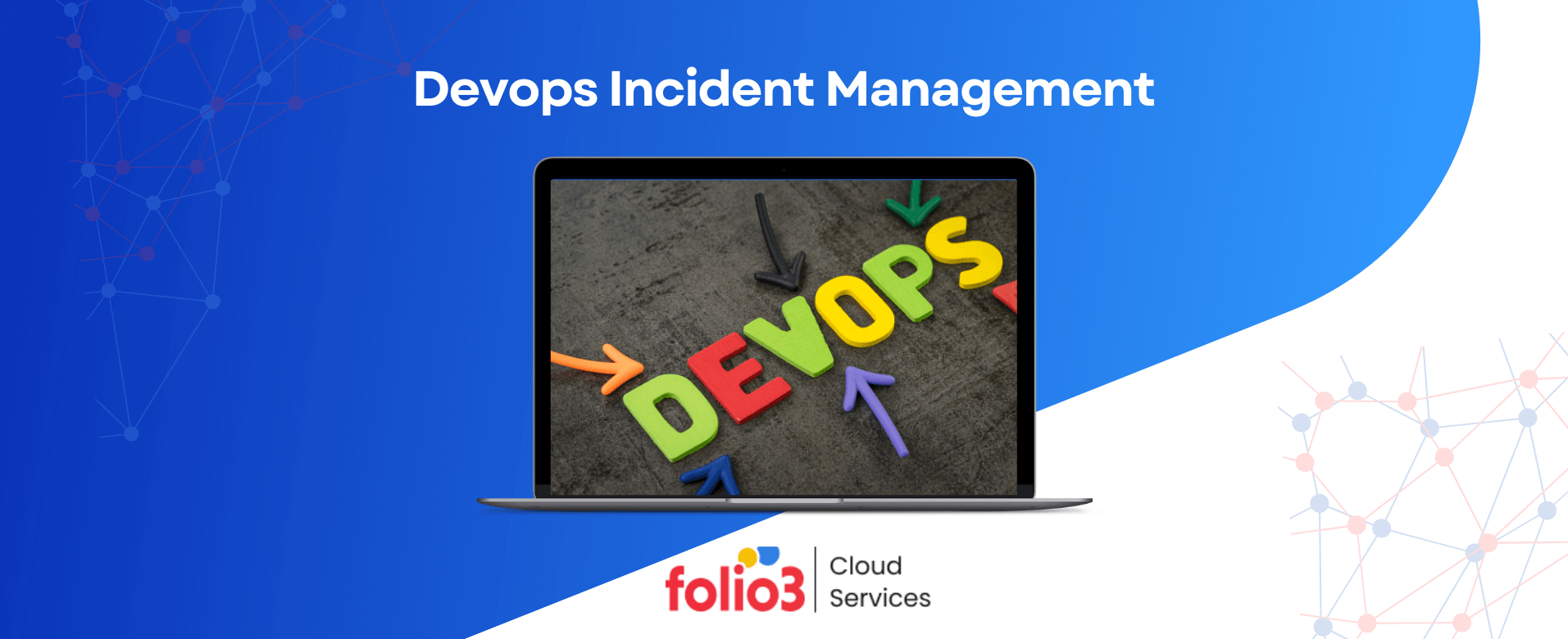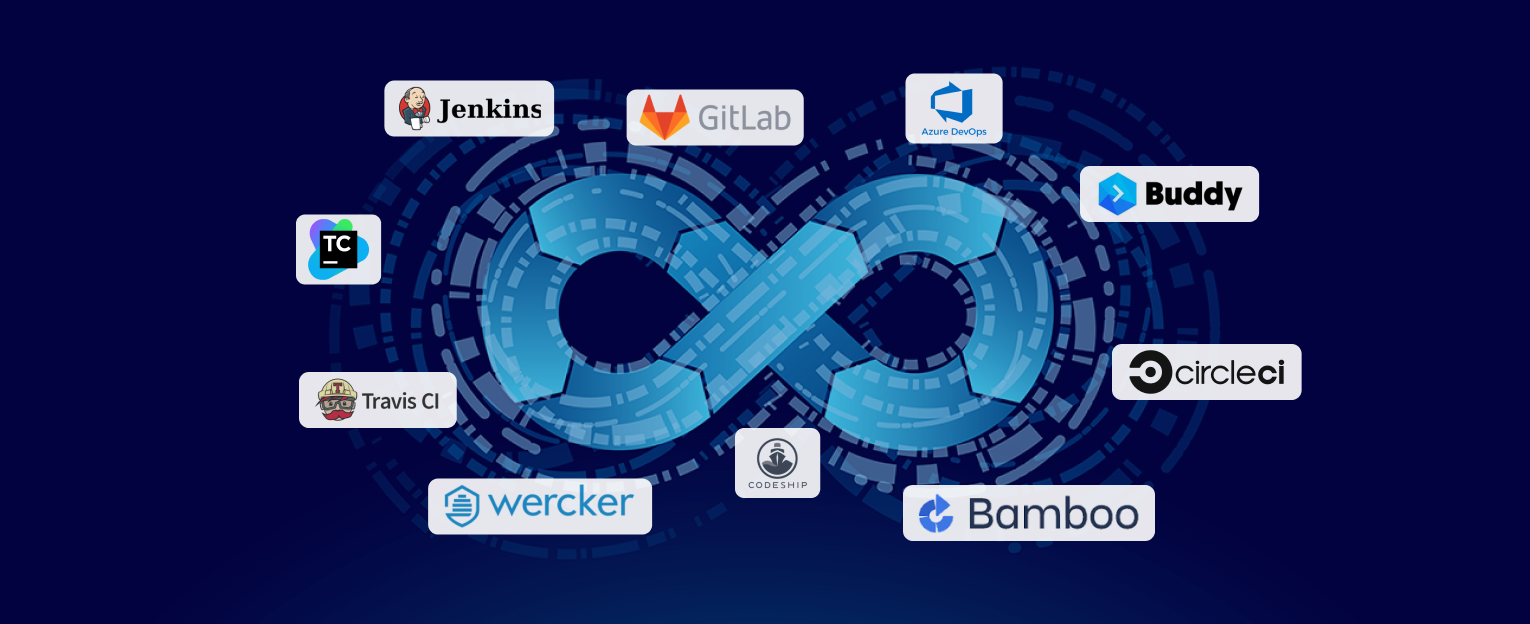The growing complexity of modern software development and IT infrastructure has led businesses to explore solutions like DevOps outsourcing. As digital transformation accelerates, organizations seek efficient ways to automate, scale, and optimize their processes.
Trends like the rapid adoption of cloud computing, the need for agility in software delivery, and increasing pressure for faster time-to-market solutions drive this shift. Outsourcing DevOps services has emerged as a strategic approach for businesses to access specialized skills and maintain a competitive edge.
This guide explores the benefits, challenges, and key services provided in DevOps outsourcing, helping you determine if it’s the right solution for your business.
What is DevOps Outsourcing?
DevOps outsourcing refers to delegating DevOps tasks and responsibilities to third-party service providers. These outsourced teams manage the implementation, automation, and maintenance of development and IT operations, ensuring smooth collaboration between software development and infrastructure management.
When you partner with experienced providers like Folio3 Cloud and Data, companies can focus on core activities while leveraging external expertise to accelerate their DevOps transformation.
Before moving forward with full-scale DevOps outsourcing, many companies opt for DevOps consulting services as a critical first step. Consulting helps organizations assess their current capabilities, identify bottlenecks, and design a roadmap tailored to their specific needs.
Why is DevOps Important?
The global DevOps market, valued at $7 billion in 2021, is expected to grow to $26 billion by 2027, with a compound annual growth rate (CAGR) of 24.5%.
This rapid growth reflects the increasing adoption of DevOps methodologies across industries as businesses realize the importance and benefits of integrating development and operations teams.
Key Services Provided in DevOps Outsourcing
DevOps outsourcing offers many services that make development and IT operations easy. Some of the key services include:
1. Infrastructure as Code (IaC)
IaC automates the provisioning and management of infrastructure using code, eliminating manual configurations. This ensures consistency, scalability, and efficient resource management across environments.
2. Continuous Integration and Continuous Deployment (CI/CD)
CI/CD automates the integration and deployment of code changes to production. It ensures quick delivery of new features, faster bug fixes, and reliable software releases.
3. Monitoring and Security
DevOps teams implement real-time monitoring tools to track application performance and infrastructure health. Additionally, security protocols are integrated into every phase of development (DevSecOps), ensuring the protection of sensitive data.
4. Cloud Infrastructure Management
Cloud infrastructure management involves optimizing resources, scaling systems, and managing costs within cloud environments. DevOps teams help businesses maximize the power of cloud platforms like AWS, Azure, and Google Cloud.
5. Automation and Scripting
Automation is at the heart of DevOps. Outsourced DevOps teams automate repetitive tasks, including configuration management, testing, and deployments, reducing human error and improving efficiency.
6. DevOps Implementation
Outsourced DevOps providers guide organizations through adopting DevOps practices, ensuring the successful integration of automation tools, agile methodologies, and collaboration frameworks.
7. Agile Methodology
DevOps and Agile work hand-in-hand to ensure iterative development, continuous feedback, and fast delivery of software products. DevOps outsourcing teams often implement Agile methodologies to enhance software delivery cycles.
DevOps Workflow Stages
Outsourcing DevOps services does not change the fundamental stages of the DevOps workflow. This workflow involves a continuous loop of processes designed to improve and maintain software quality throughout the development lifecycle.
Below are the key stages in the DevOps workflow:
1. Continuous Development
This stage focuses on planning the project and initiating the coding process. The agile development phase involves constant iteration based on stakeholder requirements, new features, and performance improvements.
The outsourced DevOps team collaborates closely with all stakeholders to ensure the project roadmap aligns with business needs. Since this stage is iterative, developers may revisit the code frequently to accommodate changes, making flexibility a key element.
2. Continuous Integration (CI)
Continuous Integration is one of the most critical aspects of the DevOps process. In this phase, developers regularly update the code repository with new features or patches. Every code iteration triggers automated tests to ensure the latest updates do not break the existing system.
Tools like Jenkins, CircleCI, and Travis are commonly used to automate the build and testing processes. This phase ensures software development is easy, bug-free, and ready for deployment with minimal manual intervention.
3. Continuous Testing
After code integration, the next phase rigorously tests the application to identify potential bugs or issues. Outsourcing DevOps often includes automated testing to speed up this process.
Tools like Selenium, TestSigma, and Eggplant automate tests, including unit, integration, and system tests. The goal is to deliver a reliable, error-free application quickly, minimizing human error and reducing the time spent on manual testing.
4. Continuous Monitoring
Continuous Monitoring is crucial for identifying system performance issues, such as low memory, high CPU usage, or unreachable servers. It ensures that the application remains stable and performs optimally in real-time environments.
Tools like Sensu, New Relic, and Splunk monitor system metrics, track application activities, and identify potential failures. If a significant issue is detected, the team may revisit earlier workflow stages to implement fixes and prevent further disruptions.
5. Continuous Feedback
User feedback is an essential component of refining and improving the software. DevOps outsourcing teams may gather feedback from various sources such as surveys, social media, and user analytics platforms like Google Forms or Pendo.
This feedback is vital for understanding how well the software performs from the user’s perspective and identifying areas for improvement. Continuous feedback ensures that future iterations of the software are aligned with user needs and expectations.
6. Continuous Deployment
Continuous Deployment involves deploying the final code to production environments. Configuration management tools like Chef and Ansible ensure that the deployment process is smooth, while containerization solutions like Docker provide consistency across different environments.
This stage is crucial for maintaining scalability and minimizing software deployment risks to live servers. Continuous deployment releases updates and new features more frequently and reliably.
7. Continuous Operations
The final stage, Continuous Operations, focuses on reducing downtime during software maintenance. Unplanned downtimes can be costly, potentially exceeding $300,000 per hour in some industries.
Tools like Docker and Kubernetes manage containers, which help minimize downtime by ensuring the application remains operational during updates or maintenance. Continuous operations aim to provide a seamless user experience, even during system updates, ensuring the application is always available.
Benefits of DevOps Outsourcing
The decision to outsource DevOps brings numerous benefits to businesses of all sizes:
1. Cost Efficiency
Outsourcing eliminates the need for hiring, training, and maintaining an in-house DevOps team, reducing operational costs.
2. Access to Skilled Experts
By outsourcing, companies gain access to experienced DevOps professionals with specialized skills in automation, cloud infrastructure, and security.
3. Faster Time-to-Market
DevOps outsourcing enables quicker software releases, giving businesses a competitive advantage by responding to market demands faster.
4. Scalability and Flexibility
Outsourced DevOps services offer scalability to meet fluctuating demands, allowing businesses to grow without overhauling their internal teams.
5. Continuous Support and Monitoring
Third-party DevOps teams provide round-the-clock support and monitoring, ensuring the stability and security of your infrastructure.
Possible Challenges of Outsourcing DevOps
While there are numerous benefits, outsourcing DevOps also presents challenges:
1. Communication and Collaboration
Working with external teams may create communication barriers, making collaboration less efficient if not correctly managed.
2. Security Concerns
Entrusting third-party providers with sensitive data and infrastructure may pose security risks if proper protocols aren’t in place.
3. Cultural and Time Zone Differences
Outsourcing often involves working with teams in different time zones and cultures, which can affect project timelines and team dynamics.
4. Dependency on the Service Provider
Relying heavily on an external provider may create long-term dependency, limiting flexibility in managing and controlling operations.
DevOps Roles and Responsibilities
Outsourcing DevOps teams typically include a range of specialized roles, such as:
- DevOps Engineer: Focuses on automation, integration, and infrastructure management.
- Release Manager: Coordinates releases and ensures smooth deployment.
- Automation Architect: Designs and implements automation strategies.
- Security Engineer (DevSecOps): Integrates security throughout the development lifecycle.
- Infrastructure Engineer: Manages physical and cloud infrastructure.
- Site Reliability Engineer (SRE): Ensures system reliability, performance, and scalability.
- QA/Test Automation Engineer: Automates testing processes for consistent quality.
- Cloud Architect: Designs cloud infrastructure solutions to optimize resources.
Comparison Between Outsourcing vs. Hiring DevOps Engineers
When considering how to meet the growing demand for DevOps, companies often decide whether to outsource their DevOps needs or hire an in-house team.
Each approach has its advantages and drawbacks, impacting areas such as cost, scalability, expertise, and speed of implementation.
This comparison table highlights the key differences between outsourcing DevOps engineers and hiring an in-house team, helping businesses determine the best approach for their unique requirements:
| Criteria | Outsourcing DevOps Engineers | Hiring In-house DevOps Engineers |
| Cost | Lower initial investment and operational costs | High recruitment, training, and retention costs |
| Expertise | Access to a wide range of expert skills | Limited to the internal talent pool |
| Scalability | Easily scalable based on demand | Requires additional hiring or resources |
| Speed of Implementation | Faster due to existing expertise and resources | Slower due to internal learning curves |
| Long-Term Commitment | Short- or long-term contracts | Permanent employment with higher commitment |
| Control | Less direct control over operations | Complete control over internal processes |
| Communication | Possible communication challenges | Direct and immediate communication |
| Security | May pose security risks if not properly managed | Complete internal control over security |
| Cultural Alignment | Potential for misalignment in culture or time zones | More substantial alignment with internal team culture |
FAQs
1. How do I choose the right DevOps outsourcing partner?
Look for a provider with proven expertise, relevant case studies, a secure track record, and an understanding of your industry’s unique requirements.
2. What are the critical components of DevOps outsourcing?
DevOps outsourcing typically includes automation, CI/CD pipelines, cloud infrastructure management, security monitoring, and continuous feedback loops.
3. How does outsourcing impact the security of my infrastructure?
Outsourcing may increase security risks if the provider needs robust protocols. To mitigate these risks, choose a partner with solid security practices, certifications, and transparency.

